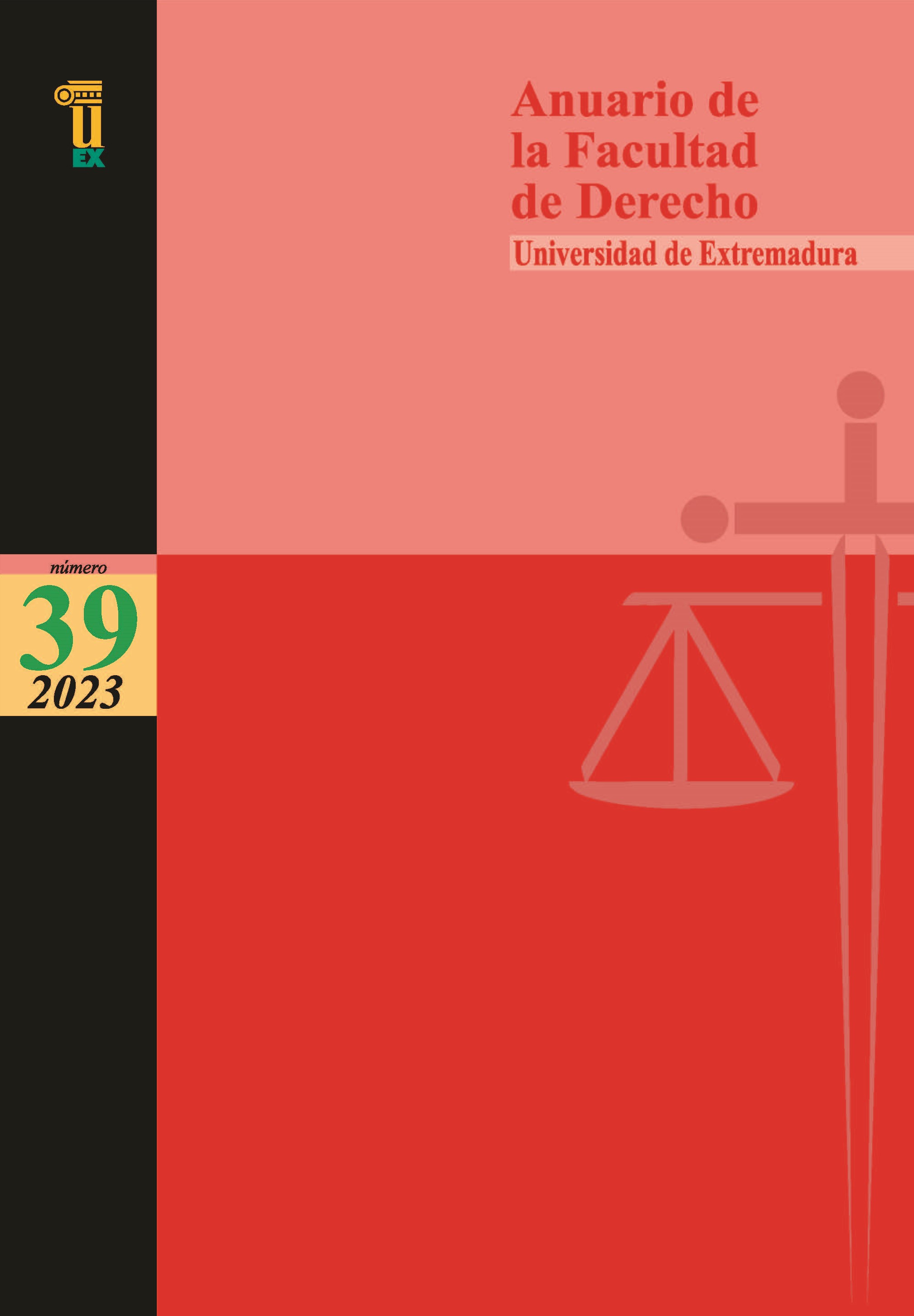DETERMINING CRITERIA FOR LIS PENDENS IN PARALLEL PROCESSING
DOI :
https://doi.org/10.17398/Résumé
As global participation in international relations increases, the incidence of
international litigations. Given the diverse jurisdictional criteria in existence, the
potential for parallel proceedings becomes apparent. The primary objective of this
research is to analyse instruments suitable for preventing parallel proceedings and the
requirements for then. One prominent mechanism is lis pendens, employed in accordance with uniform jurisdictional rules within the European Union. As litigations
grow in complexity, litigants employ diverse means to protect their rights. This article
specifically addresses the contemporary issue of applying the lis pendens principle to
related but not identical proceedings (la même cause et le même objet). Through an
analysis of the recent court practices of Lithuanian courts in applying res judicata, the
article compares the lis pendens doctrine with other instruments designed to address
conflicts of jurisdictions, such as forum non conveniens. The research reveals that a strict
rule prioritizing the first case could lead to unfair outcomes.
##plugins.themes.default.displayStats.downloads##
Téléchargements
Publiée
Numéro
Rubrique
Licence
(c) Copyright Anuario de la Facultad de Derecho. Universidad de Extremadura 2024

Ce travail est disponible sous la licence Creative Commons Attribution 4.0 International .
Desde noviembre de 2024 esta revista está publicada bajo licencia CC-BY-NC 4.0








.png)


